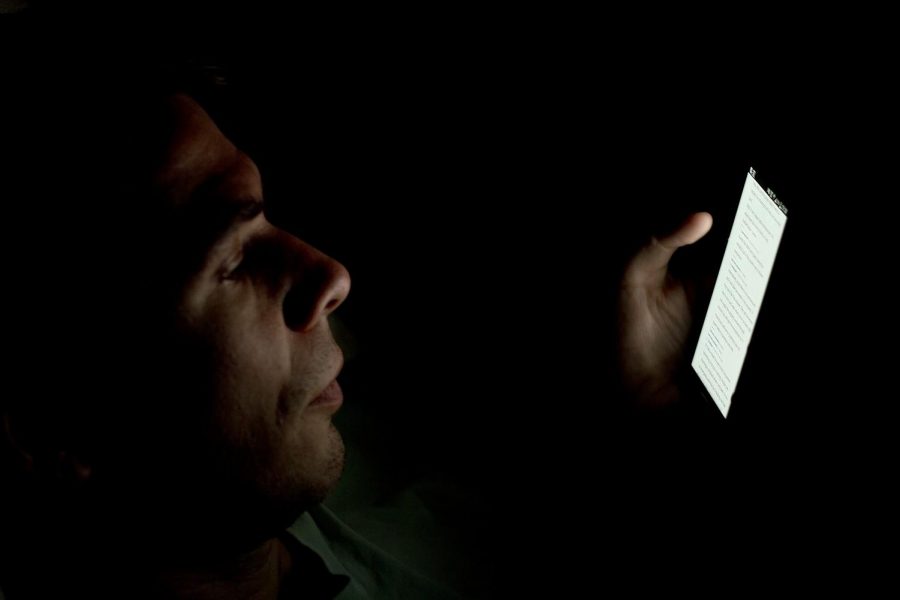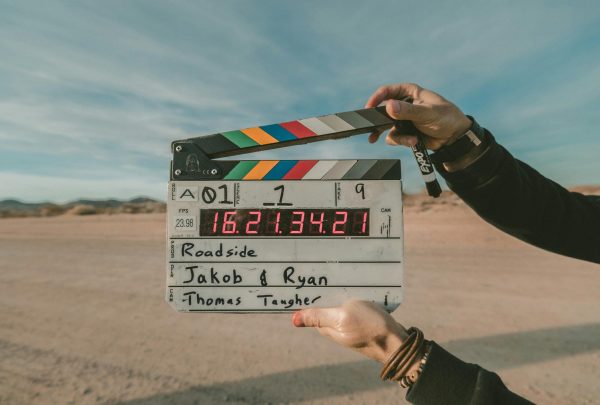Why are we always on our phones?
If you are a young person attending school with a laptop and/or cellphone of your own, chances are you’ve heard something along the lines of the following;
“Why are you always on that phone?”
“[Insert any app] is not more important than the real world”
These comments are not original and are often drawn from large-scale assumptions about what young people today use their devices for. In this article, I hope to bring to light the true nature of what it is exactly that we find so important.
Firstly, these claims tend to come with a less than understanding tone. They base themselves upon the assumption that social media and video games have taken over our brains. This is, to an extent, true, as it would be very difficult to say that today’s teenagers do not have at the very least a strong influence from social media and modern technology. However, condescending assumptions like these fail to account for how we use technology as a tool to engage with our political climate.
Never before has information been so readily available. With search engines and online databases like Google and Wikipedia, we have grown up with instant answers to any possible question that we could have about the world. Common knowledge has thus increased exponentially as we now have the common understanding that everyone around us has access to the same sources of information as we do. This is then followed by the understanding that any person is just as likely to know anything in the world as they are to know their favorite color. This is a piece in our modern use of technology; the acquisition of knowledge and instant gratification to any question we may find ourselves plagued by.
So is this what we do on our devices for 6 hours and 40 minutes a day (the amount of time the average teen spends looking at a screen according to Lifespan.org)? Do we sit and scroll through Wikipedia following random tangents ever deeper into the rabbit hole? No, or at least no one I’ve ever met. That’s not to say it never happens; I find myself looking up actor’s names, definitions of words, and fact-checking statements multiple times every day. However, this makes up a fairly minor percentage of that which I find myself looking at on my devices each day. There is a significant amount of screen time spent on social media but isn’t just mindlessly liking post after post. It acts as our gateway into a world of politics we cannot access otherwise.
Every modern political entity has an account on Facebook, Instagram, or Twitter. Coming from an American background, this has become increasingly relevant with the advance of digital influence as an increasingly conflicted source of power. Think of, for example, the infamous tweets of @POTUS, the email scandal in the 2016 Presidential Election, or the current investigation into Facebook’s political advertising. This is where I find the biggest block in understanding between generations. Generation X, and even to some extent Millennials grew up with a distance between the political world and the one that they interact with every day. Generation Z has not had that luxury. We have grown up in a digital world, where we have been a target demographic since our stubby little fingers could press the home button. This has greatly shaped how we use technology, and in a larger sense what technology can be for us.
We are presented with an opportunity, to not just seek out information, but determine our own personal beliefs at a much younger age than previous generations. We are able to see all the information, from political entities themselves to news publications to the opinions of others (for what they may be worth). Never before has it been so easy to learn about what power we hold as individuals within our societies. Our eyes are opened to the injustices within our community and others and we are given the opportunity to engage and be active advocates for change.
So what are we truly doing? Well, one may recall the Fridays for Future March which took place in September of this school year. This movement, started by Greta Thunberg at age 15 last year, gained massive traction from other young people on social media sites like Instagram and Twitter. What one year ago was only one teenager, turned into a global movement of millions of students marching out of school to advocate for regulation to preserve our climate.
One may also recall the March for Our Lives movement in America, which started in February of 2018 following the mass shooting in Parkland, Florida. Students from that school created a movement and a network of national students across social media, all of whom felt that it was time for a change. Today, the movement is tens of thousands of people strong and has recently created a Peace Plan which they have been discussing with Democratic candidates in their National election which will take place in November of next year.
Obviously, not every teenager using their phone is going to be the next Greta Thunberg. However, I find it impossible to believe that they aren’t in some way learning, forming and sharing beliefs. This may be simply reposting information or raising awareness or asking for donations, but it is done out of an understanding of our individual power. We have all the information in the world at our fingertips. Now we are learning how to use it.
So yeah, Instagram, Twitter- the things on our phones- are not more important than the real world, but they are our way into changing it.







Zina Sawabini • Nov 20, 2019 at
So well written Jack! Thank you for sharing your insights.
Feraille Cowan • Nov 20, 2019 at
I agree Jack! Your last line is so true and so powerful. Tech literacy is one of the most overlooked skills in school and some students are up-skilling ahead of their educators in many cases. Many connect in healthy ways on-line. One of the most difficult things to navigate as an educator and parent, however, is the negative uses like bullying by publicly shaming or attacking others. It is important to bring awareness and injustice into the light and social media is the most effective way to do this. But defamation of character is a punishable offence and many children are practicing or victim to this online without supervision. How can we manage that? Keep writing 😉